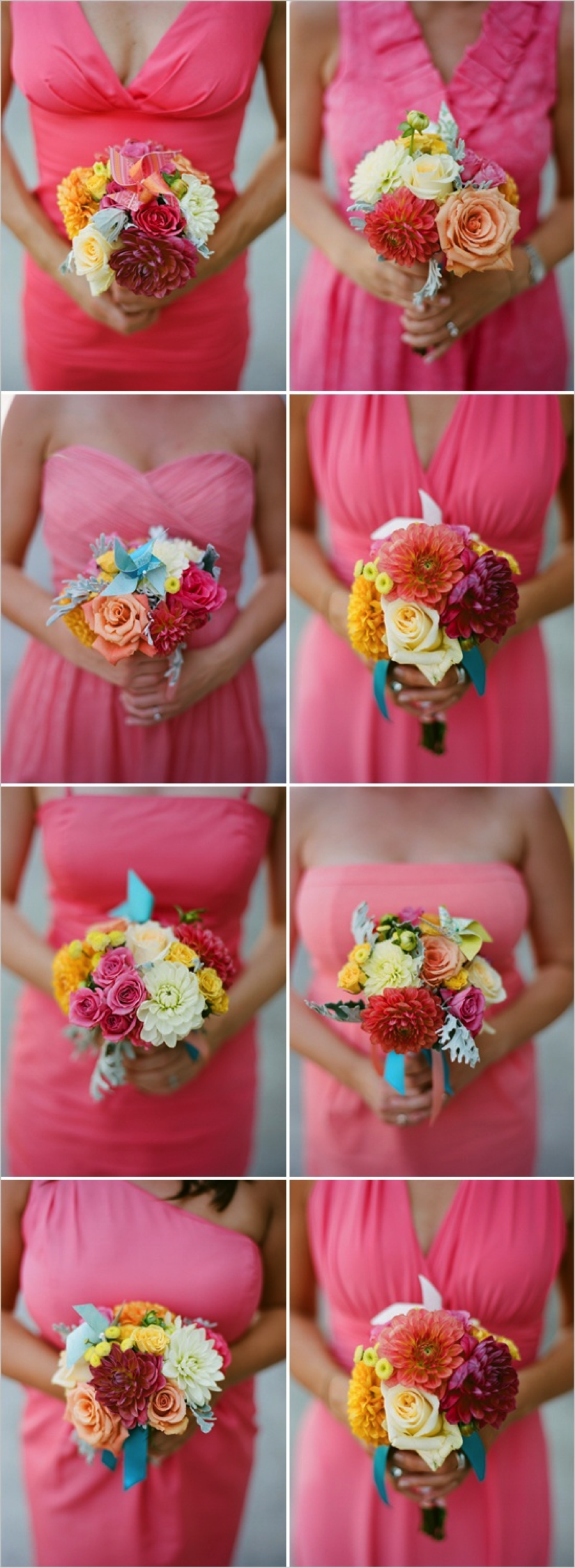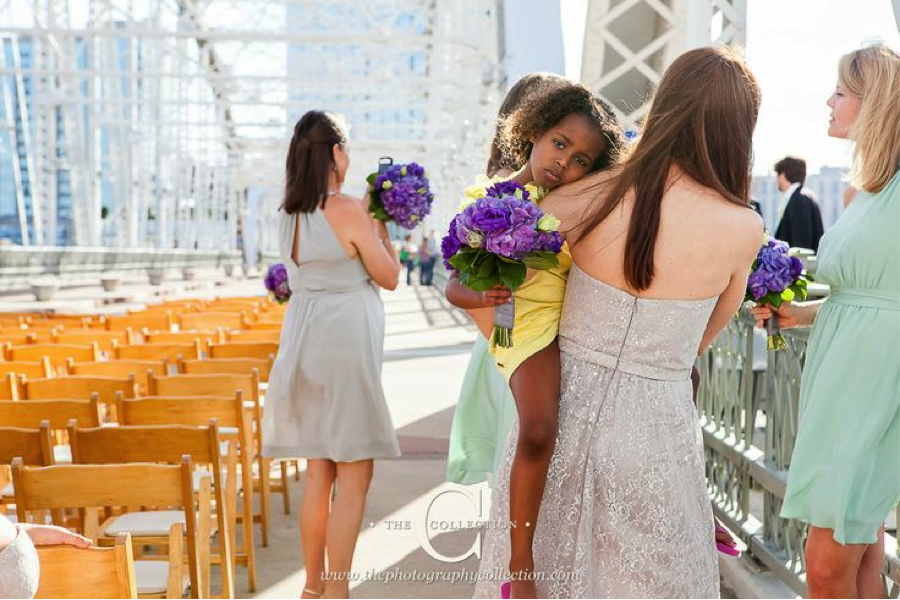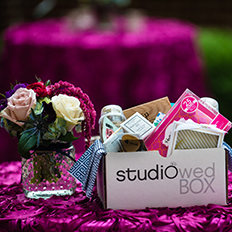You’ve been to weddings your whole life, you’ve celebrated the weddings of your own friends, and maybe now it’s time to start planning your own wedding—yet, through it all, there are always awkward etiquette questions surrounding the bridal party that remain unanswered.
Look no further; we have researched and compiled some common “bridesmaid etiquette” questions that you might have been scratching your head about…and we have answers. Cringe no more—the only thing you will have to worry about on your big day is looking drop-dead gorgeous and marrying the man of your dreams.

A photo from one of our featured StudioWed weddings—Amy Lynn Larwig provided hair and makeup, and the wedding took place at CJ’s Off the Square in Franklin, TN.
I just got engaged (Excuse me as I start crying again), and as I start planning my wedding, I know I need to choose my bridesmaids ASAP. Do I have to include someone in my wedding if I was in hers?
Remember, this is your big day, and you get to decide who participates. Therefore, if you were in someone else’s bridal party, that does not mean they have to be in yours as well. If you feel uncomfortable with the situation, try to include them in the wedding in a different role. In addition, while including your fiancé’s siblings is a nice gesture, you are not obligated to include them in your bridal party either.

Bridesmaid bouquets arranged by Brocade Designs, a StudioWed vendor.
What costs am I supposed to cover for the bridesmaids?
You are expected to cover the following:
- Bridesmaid’s bouquets
- Hotels for out-of-town attendants
- Transportation for the bridal party to ceremony and reception
- Thank you gift
- Bridesmaids’ luncheon, tea, or party (if you are hosting one)
- Hair and makeup (only if you want it done professionally)
Your bridesmaids should pay for the following:
- Wedding attire and accessories. This includes the dress (which you will probably pick out), alterations to the dress, shoes and any other accessories.
- Transportation to and from the wedding town or city
- Gift for the couple (either individually or as a contribution to a group gift)
- Share in the cost of a bridesmaids’ gift to the bride (optional)
- Bachelorette party attendance cost (optional)
There are definitely sticky areas, such as hair and makeup and the lodging, but overall, budget and finances should be an open discussion between you and your bridal party. It’s a give-and-take relationship—your bridesmaids accept your invitation to be a bridesmaid with the understanding that there will be a financial obligation, but you should keep your bridesmaids in mind when selecting the dress and shoes. Furthermore, it’s okay to discreetly offer financial assistance to a bridesmaid you know might have trouble covering the costs.

Bridal shower inspiration from StudioWed’s Pinterest.
Okay, so my wedding date is approaching, and it’s about time to have a bridal shower (I guess?). Who should host it and how much say can I have in the shower?
Basically, hosting duties can fall to anyone in your bridal party, your mom, or the mother of the groom. Whoever does host it should consult you about a guest list, because if someone comes to the bridal shower they should definitely receive a wedding invitation as well.
Additionally, you should discuss the shower with whomever plans it, but try not to be bossy about it—especially regarding the budget. If you don’t want any games, let that be known, but don’t ask for anything that would add unnecessary costs.

You really can include all ages in your wedding. This wedding was planned by Stunning Events, a StudioWed vendor.
Can you just explain the concept of a “junior bridesmaid” to me?
A junior bridesmaid is typically between the ages of 8-16—to young to be a bridesmaid but too old to be a flower girl. The only official responsibilities of a junior bridesmaid are to attend the ceremony rehearsal and participate in the processional; she does not have to attend showers or contribute to the cost of a group bridesmaids’ gift to the bride. Also, if you don’t want to, you don’t have to include her in the receiving line. As far as where to put her in entrance of the wedding party, you can put her before the maid/matron of honor.
This is a great way to include younger siblings, cousins, or nieces. They will appreciate your special efforts to include them on your special day.
Sources: Real Simple, the Bridal Guide, and The Huffington Post










